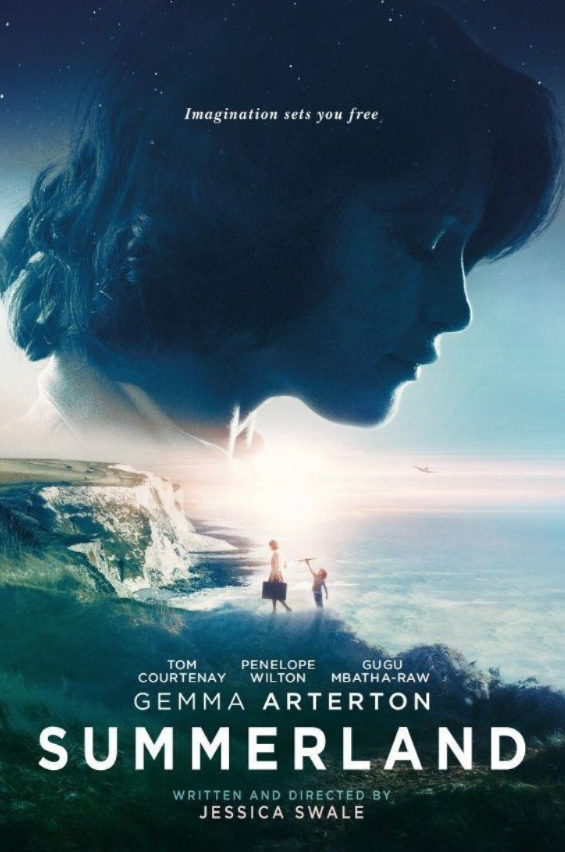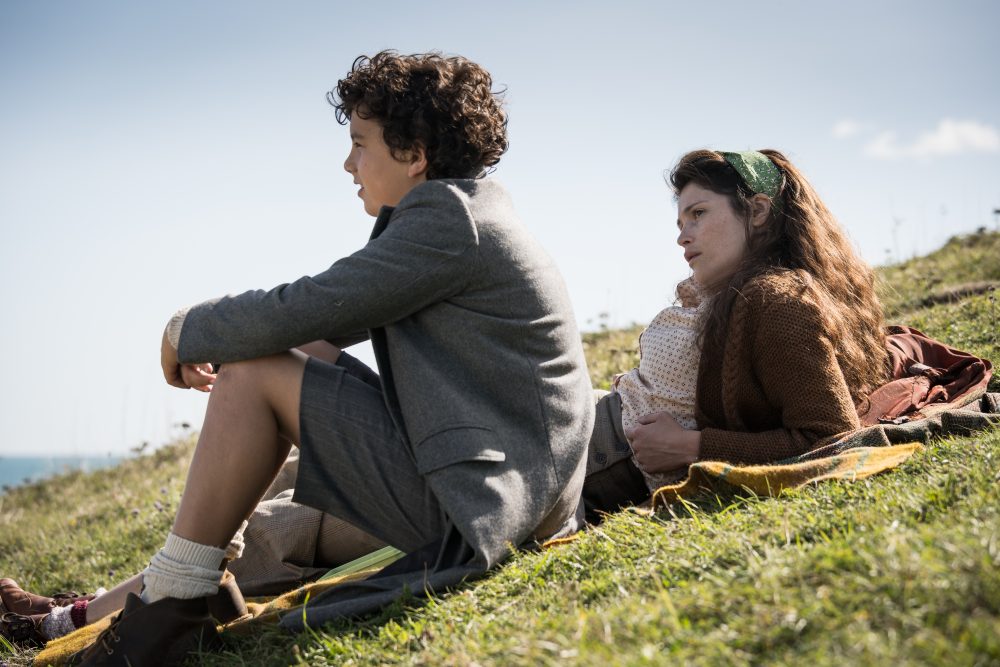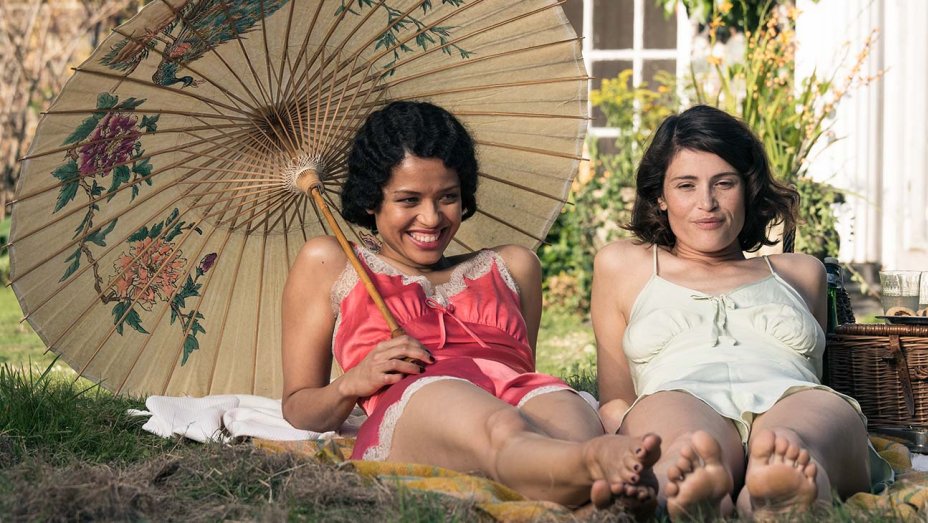 by Juan Carlos
by Juan Carlos
Jessica Swale’s Summerland introduces us to Alice, an old writer living in the countryside during the 1970s. We watch her drive away children who are playing petty pranks on her. While it may seem random, the film utilizes this moment to inform us of her instinctive response to children which will interfere with the story to unfold.
Cut to the 1940s: in the same town, people are wary of the looming terror of the war. A young Alice (Gemma Arterton), then a recluse, is given the news that she is required to take in a young boy named Frank from London as the perils of the war continue to escalate in the capital. Meanwhile, she remembers a former lover (Gugu Mbatha-Raw) from the past...

The film is crafted with considerable sensitivity, dramatic nuance, and confident energy. While rarely showing the war itself, the film adequately builds its wartime milieu through strategic writing and characterization. In several instances townspeople refer to Alice as either a witch (suggestive of the era’s misogyny) or a Nazi (indicative of the country’s attitude in the war). The dramatic thrust of Summerland hinges on the outsider vs. newcomer dynamic of Alice and that new boy, Frank, who has come to live with her. This trope is familiar, but the film patiently lends texture to the characters to make it refreshing all the same.
To the screenplay’s credit, the film sets up Alice and Frank's hot and cold relationship for a pay-off that brings the narrative full circle in an incredibly touching way. It also employs several flashbacks and multiple storylines to tease out the film’s theme of memory and its fragmentation. As the film reaches its denouement, the merging of the past and the present come together in its different timelines.
Gemma Arterton gives a beautifully layered performance as Alice. While initially putting up an abrasive façade, she slowly unpacks her character’s emotional baggage with grace. Arterton can pull off stern and cool easily but she benefits from the film’s skilfully plotted character progression that ultimately contextualizes her initial iciness. She has at least two standout scenes. We'll skip the one that's spoiler-heavy and stick to the other. As she gradually builds trust in Frank, she dares to ask him if he thinks it's weird for a woman to love another woman. As she hears his response, Arterton captures heartbreaking relief. We see a soul unclenching as she slowly breathes, realizing she's been afforded a safe space. It is probably a long shot, but I would love to see her in the Best Actress conversation.

While only seen in flashbacks, Gugu Mbatha-Raw continues to exude real star presence, reminding us that she is a terrific actress who deserves more roles that would allow her to dig deep. As Frank, Lucas Bond imbues a winsome chemistry with Arterton that makes the continuous shift in their relationship dynamics perpetually engaging. Acting veterans Penelope Wilton and Tom Courtenay provide their small roles with tangible history and heart, creating characters with rich inner life despite their limited screentime.
With a terrific central performance by Gemma Arterton, radiant visuals and feeilng, and a story worth telling, Summerland is a quiet little gem that demonstrates the power of compassion through its moving storytelling. B+
Summerland is available to rent online.